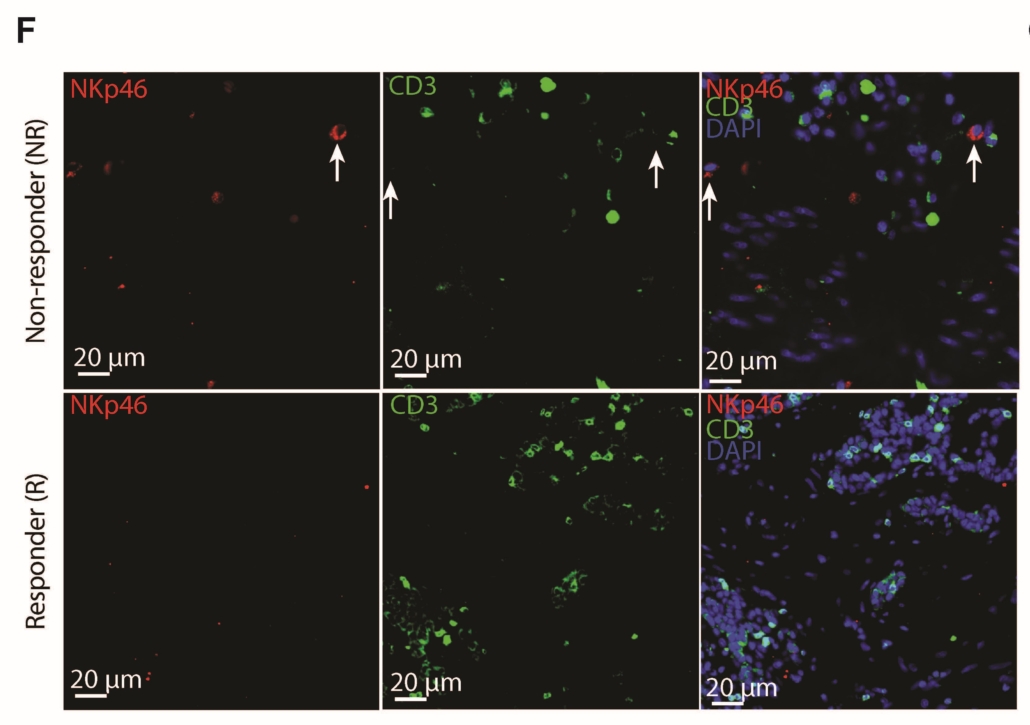
Protein flags Car-T cells for digestion by NK cells
Flagging of CAR-T cells with the B7H6 protein weakened the response to human leukaemia in models as it marks them for NK cell attack, German researchers report.
The protein B7H6, which is highly expressed on activated human T cells, can flag the cells for clearance by natural killer (NK) cells, weakening the response to CAR-T cell therapies. Oncologist Michael Kilian and colleagues at German cancer research centre in Heidelberg demonstrated that these flagged T cells can be abundant among T cell populations in tumour tissue and among therapeutic, CD19-targeting CAR-T cells, indicating that NK clearance might be responsible in part for diminishing antitumor responses.
When the researchers genetically knocked out B7H6, CAR T cell expansion and persistence increased. Thus, Kilian et al. suggest it could be a new immune checkpoint molecule to target in therapies for cancer and immune diseases.
The researchers identified B7H6 during screening of NK cell ligands on human T cells. In humanised mouse models of leukemia, B7H6 flagging limited the persistence and antitumour activity of therapeutically delivered CAR-T cells. Natural killer cells were also more abundant than T cells in a group of patients with relapsed esophageal squamous cell carcinoma who had failed to respond to checkpoint inhibitor treatment, the researchers found.


 BioNTech SE
BioNTech SE SANOFI
SANOFI ABA Austria
ABA Austria